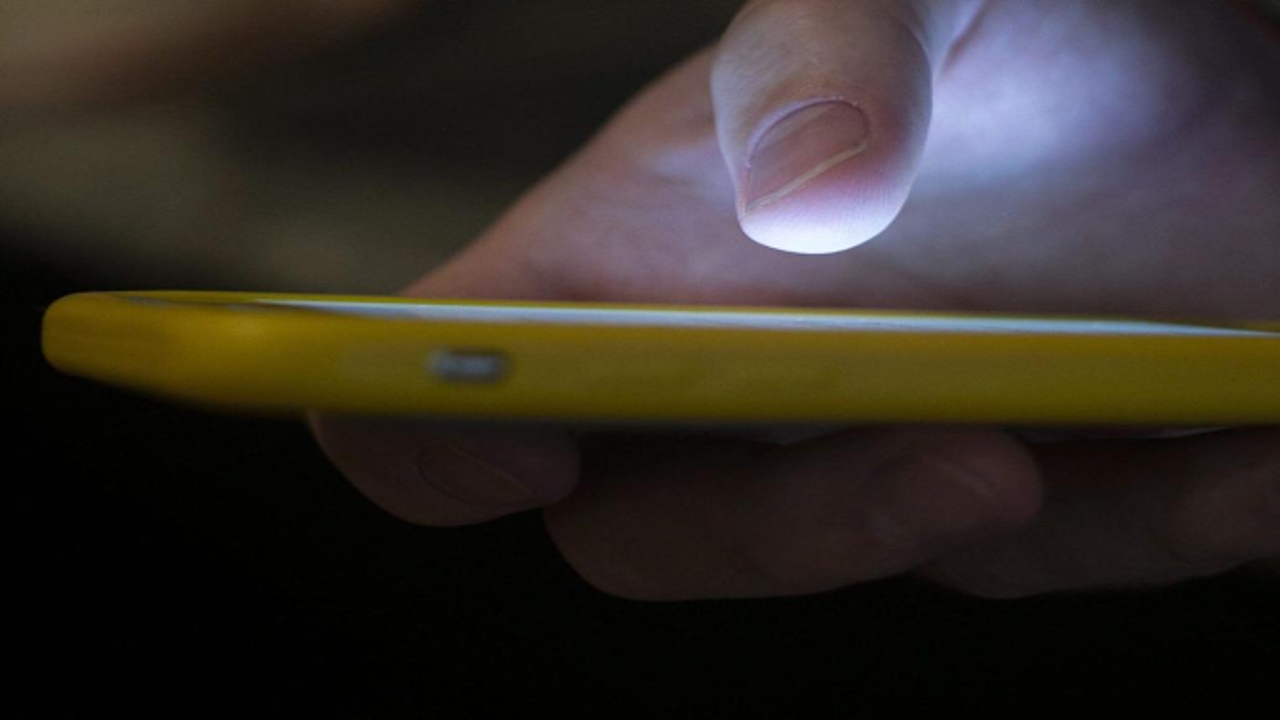
A man uses a cell phone in New Orleans, Sunday, Aug. 11, 2019. The 988 suicide helpline has fielded more than 300,000 calls and texts since it launched on Nov. 30, 2023. THE CANADIAN PRESS/AP-Jenny Kane
TORONTO — Slinder Bhatti still remembers the impact a crisis helpline had on her many years ago.
"I was in my twenties, struggling with personal challenges," she recalled. "I felt completely alone, with no one to turn to."
One day, feeling desperate, she found herself standing in a payphone booth, recalling the number of a crisis line. When she called, the woman on the other end simply listened.
"In that moment, when I thought no one could possibly understand what I was going through, she helped me," Bhatti said. "It gave me hope and made me feel that, with her support, I could start coping with my situation."
Today, Bhatti serves as the executive director of Chimo Community Services in Richmond, B.C. Her organization is one of 38 across Canada partnering with the Centre for Addiction and Mental Health (CAMH) in Toronto to operate the national 988 suicide helpline.
Since its launch a year ago by the Public Health Agency of Canada, the 988 helpline has received over 300,000 calls and texts, according to CAMH. The service operates 24/7, with more than 2,000 responders available to help people in need.
Bhatti emphasized how the simplicity of the number, just three digits, has been crucial for people in crisis. "Having that easy-to-remember number makes it so much easier for someone struggling or worried about a loved one to reach out," she said. "We will never turn anyone away."
Federal Minister of Mental Health and Addictions, Ya'ara Saks, highlighted the success of the program. "The numbers speak for themselves," she said. "300,000 calls and texts mean 300,000 times a Canadian in crisis had someone there to help them."
Dr. Allison Crawford, a psychiatrist at CAMH and the chief medical officer for the 988 helpline, anticipates the service will continue to grow as more people become aware of it. "The most important thing is that people know they can reach out anytime," she said. "There’s no limit to how many times someone can call or text for support."
To ensure people don't give up while waiting for help, responders work to answer calls and texts quickly. In October, the average wait time for calls was 44 seconds, and 1 minute and 47 seconds for texts. "We are always working to improve our response times," Crawford noted.
Calls and texts are directed to the nearest available responder, who can help individuals connect with additional resources in their community if necessary.
Bhatti mentioned that the need for support often increases during certain periods, especially around the holidays. While the 988 helpline is primarily focused on suicide prevention, it is available to anyone feeling overwhelmed, with no reason too small to call.
"When you're in a dark place, it can feel like you're stuck," Bhatti explained. "Even if the thoughts of self-harm aren't clear, it’s the feeling of being at a dead end, not knowing where to turn next."
Launched on November 30, 2023, with $177 million in funding from the Public Health Agency of Canada for the first three years, the 988 helpline is a critical service. Saks assured that the federal government is committed to ensuring its future. "We will undertake a comprehensive review to establish a long-term funding model," she said. "We are fully committed to making this a lasting program because it’s clear how essential it is."















